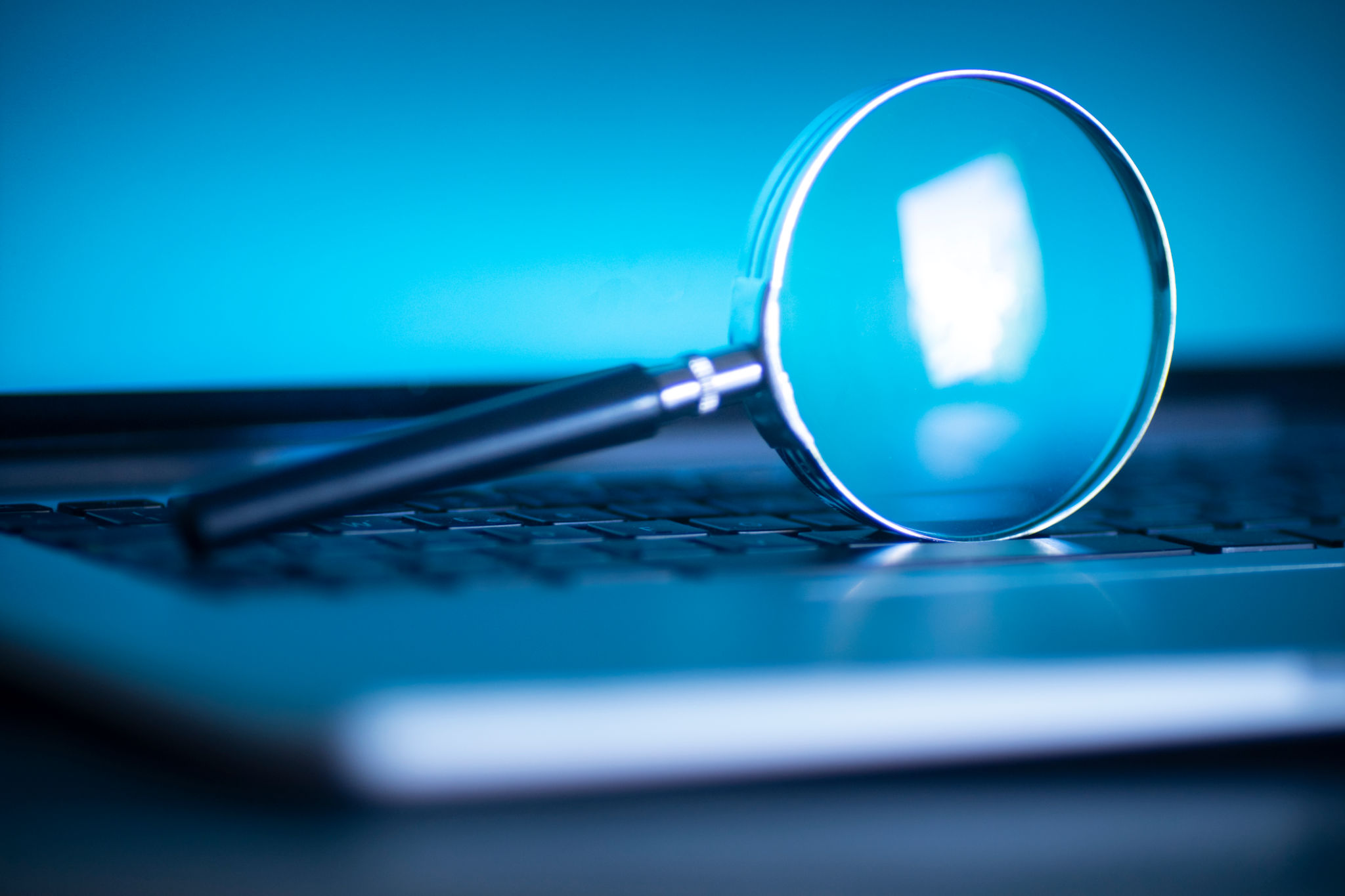Essential Computer Maintenance Tips for Small Businesses
Understanding the Importance of Computer Maintenance
In today's digital age, small businesses rely heavily on computers for their daily operations. Proper computer maintenance is not just about keeping systems running smoothly but also about ensuring that sensitive data remains protected. Regular maintenance can help prevent unexpected breakdowns and extend the lifespan of your equipment, ultimately saving you time and money.

Regular Software Updates
One of the most straightforward yet critical maintenance tasks is regularly updating software. Software developers frequently release updates to patch security vulnerabilities, improve performance, and add new features. Ensure that all operating systems, applications, and security software are set to update automatically. This proactive approach can significantly reduce the risk of cyber threats.
Why Automatic Updates Are Essential
Automatic updates ensure that you are always utilizing the most secure and efficient versions of your software without having to manually check for updates. This not only protects your business from potential threats but also optimizes productivity by minimizing downtime.
Data Backup Strategies
Data loss can be catastrophic for any business. Implementing a robust data backup strategy is essential to safeguard your business information. Consider using cloud-based solutions, which offer automated backups and easy recovery options. Additionally, maintain a physical backup on external drives to add another layer of protection.

Frequency of Backups
For small businesses, it's advisable to perform daily backups. This ensures that you have the most recent data available in case of a system failure or cyberattack. Regular testing of your backup systems is also crucial to verify that they work correctly when needed.
Hardware Maintenance
Beyond software, keeping the physical components of your computers in good condition is equally important. Regularly clean keyboards, screens, and vents to prevent dust buildup, which can cause overheating and hardware malfunctions. Ensure that all cables are organized to avoid accidents and damage.
Scheduled Hardware Inspections
Conducting routine hardware inspections helps identify potential issues before they become significant problems. Check for signs of wear and tear on components such as hard drives and power supplies, and replace them as needed to maintain optimal performance.

Enhancing Cybersecurity
Incorporating strong cybersecurity measures into your computer maintenance routine is vital. Invest in comprehensive antivirus software and firewalls to protect against malware and unauthorized access. Educate your employees about safe internet practices, such as recognizing phishing emails and using strong passwords.
Regular Security Audits
Conducting periodic security audits can help identify vulnerabilities in your systems and provide insights into areas that need improvement. Consider hiring cybersecurity experts to perform these audits and offer recommendations tailored to your business needs.
Conclusion
Implementing these essential computer maintenance tips can help small businesses maintain efficient, secure, and reliable systems. By prioritizing regular updates, data backups, hardware care, and cybersecurity, businesses can reduce the risk of technical issues and focus on growth and success.
